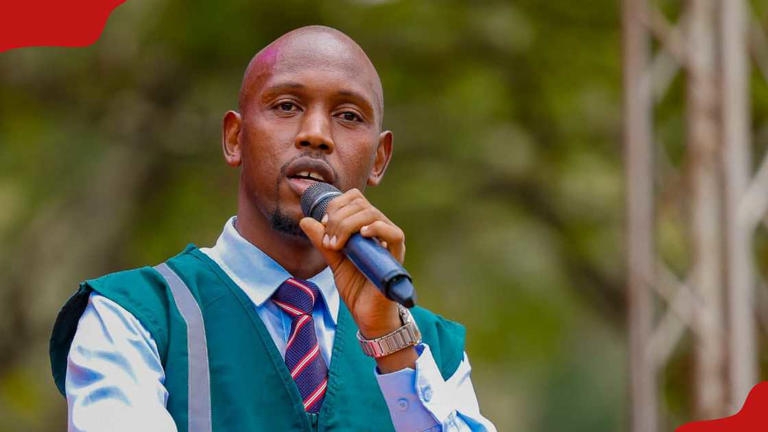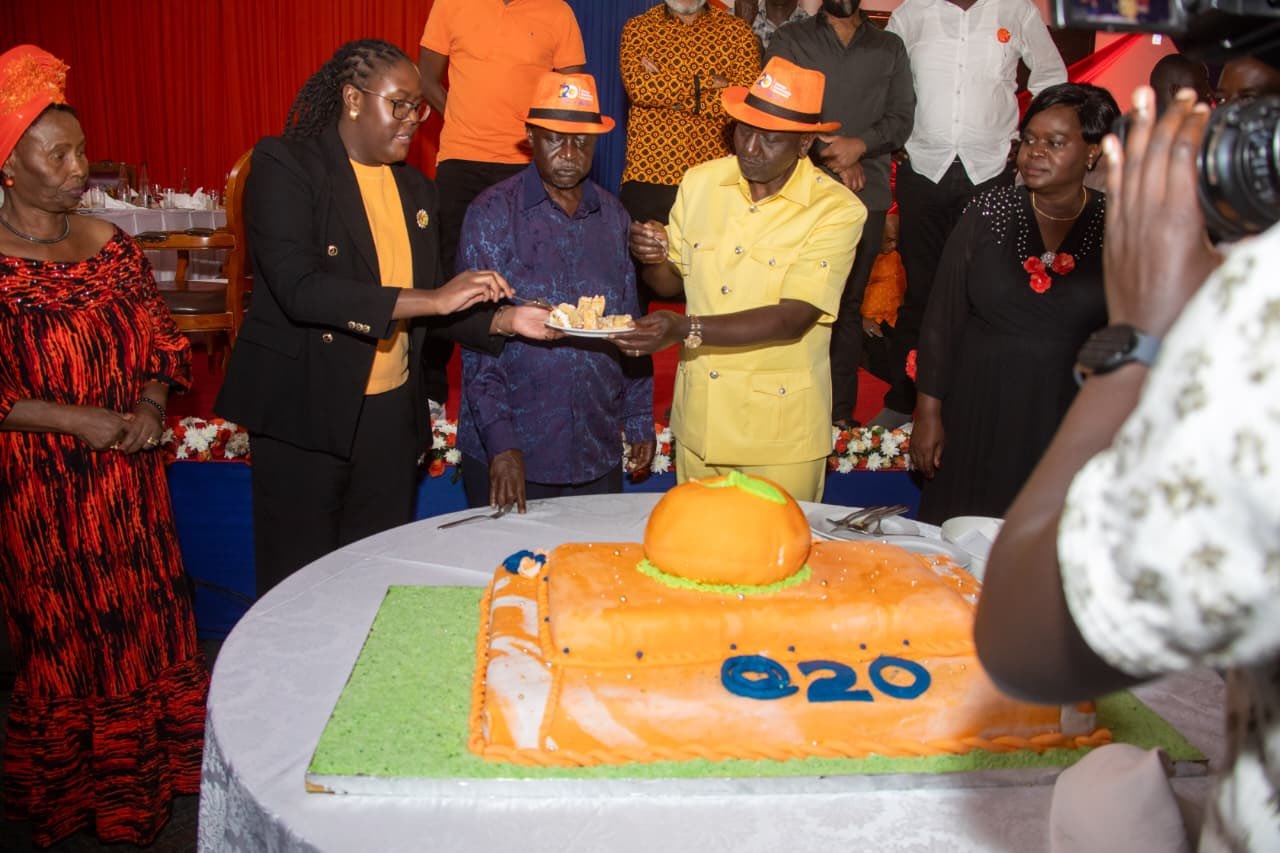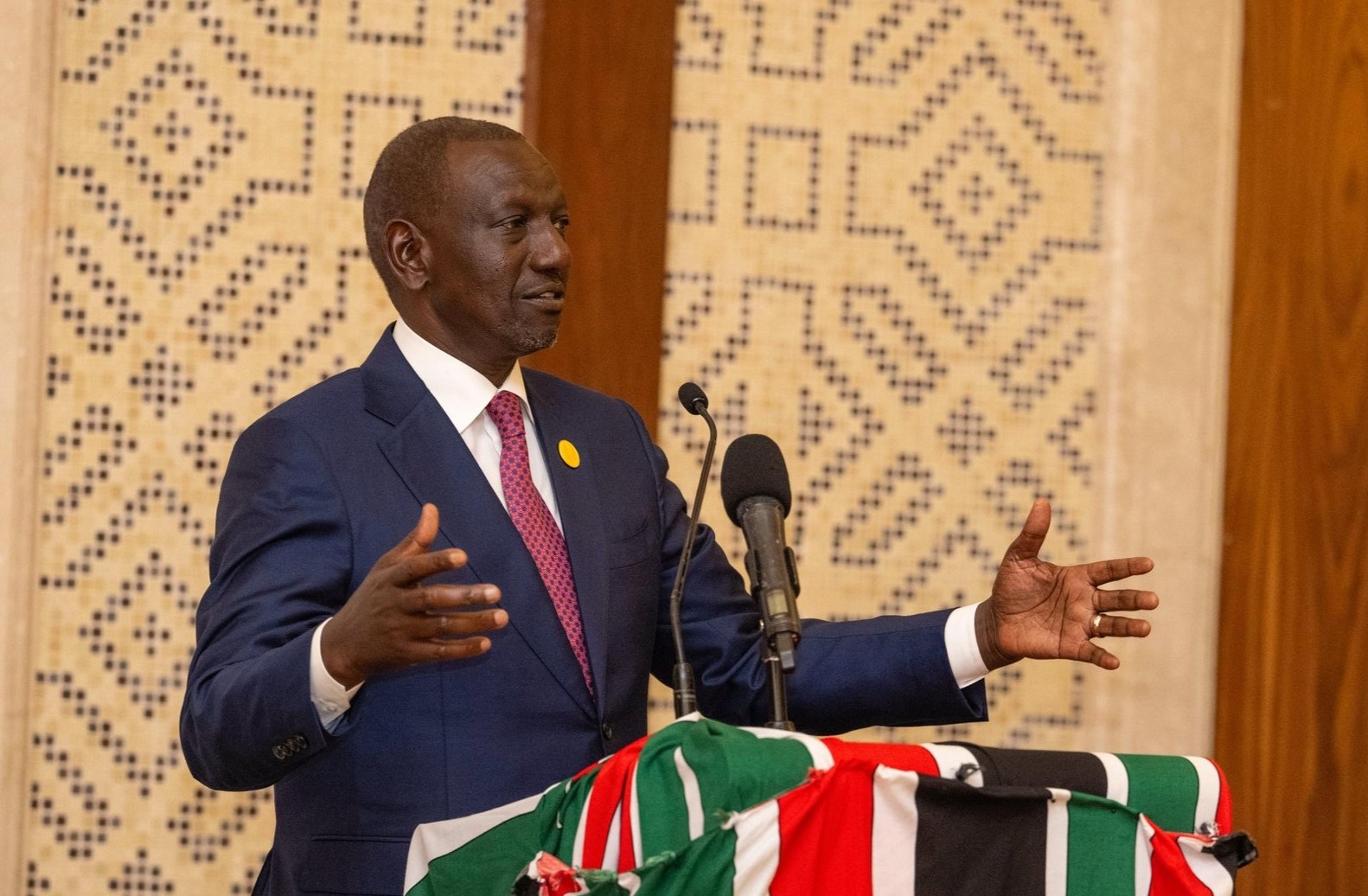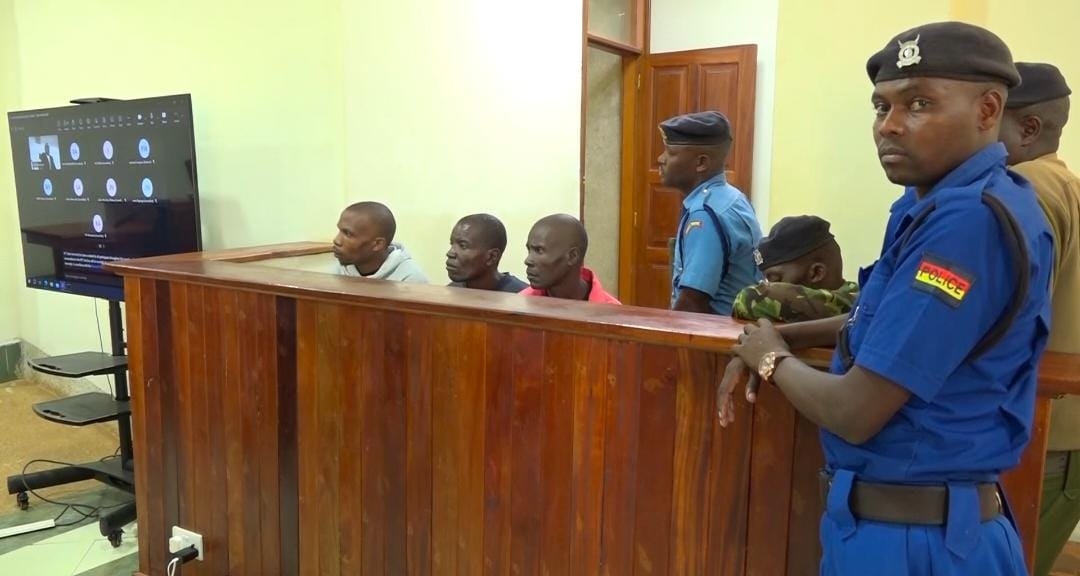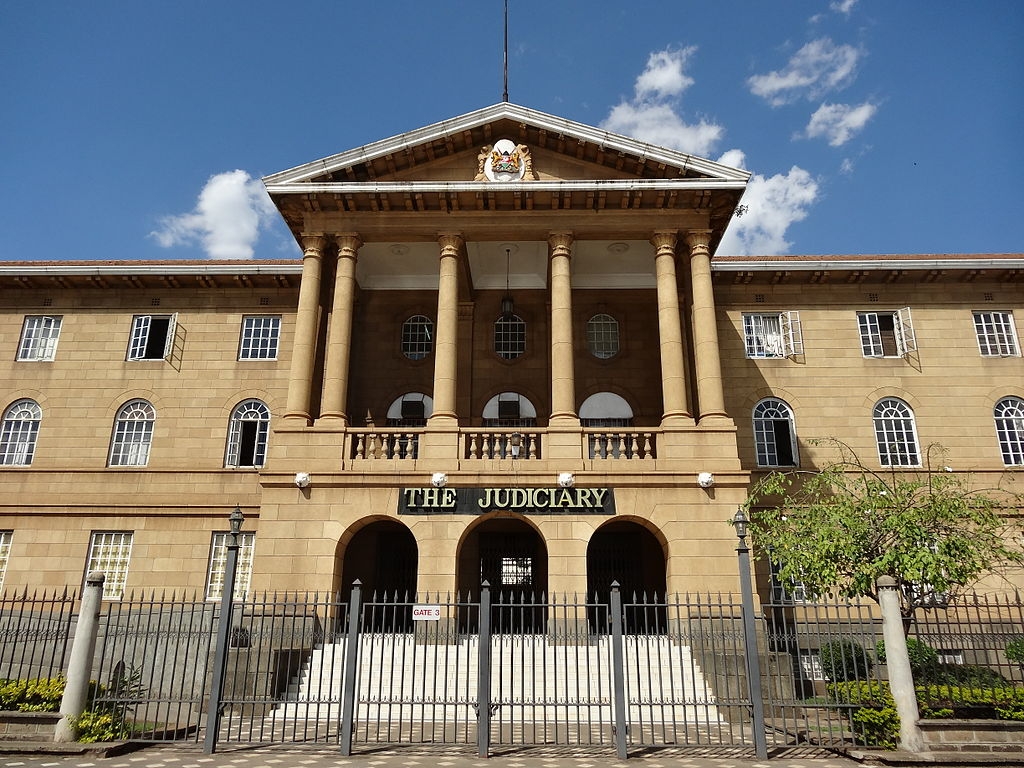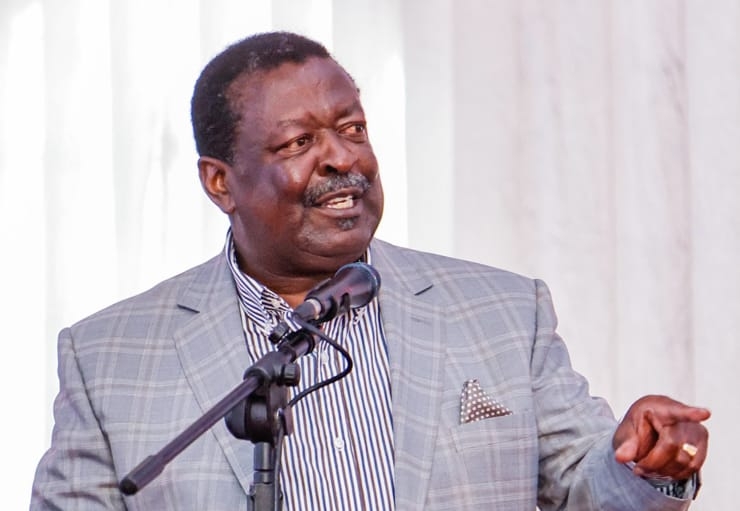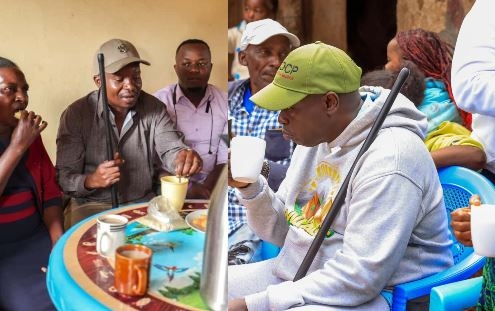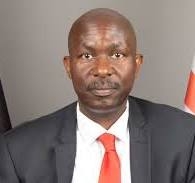Kenya should expect to get more vaccine doses to prevent emerging Covid-19 variants.
Gavi, the Vaccine Alliance announced that it had signed an agreement with Moderna related to the supply of Covid-19 vaccines to lower-income countries supported by the Gavi Covax Advance Market Commitment. Kenya is one of these countries and is already receiving vaccines from Covax.
Under the agreement, Gavi and Moderna agreed to cancel the remaining volumes under their previous agreement in 2022, and establish a framework for lower-income countries to access doses of variant-containing vaccine (VCV) beginning in 2023.
Gavi will have the right to access up to 100 million VCV doses, at Moderna’s lowest tiered price, on behalf of AMC participants.
“This agreement with Moderna represents a critical step for equitable access, helping COVAX adjust its portfolio to current demand and ensuring lower income countries have access to variant-containing vaccines to use where appropriate,” said Dr Seth Berkley, CEO of Gavi, which leads procurement and delivery at scale for Covax.
In the two years since the first Covid-19 vaccine received WHO emergency approval in December 2020, Covax has delivered 1.8 billion doses to 146 countries around the world – the largest and fastest public health rollout in history.
This includes nearly 186 million doses of the Moderna vaccine, through both the advance purchase agreement with Moderna and dose donations. This effort has enabled 92 lower-income countries to protect, on average, more than 50 per cent of their populations with two doses of Covid -19 vaccine – and protect the majority of those at highest risk such as health care workers and the elderly.
“Gavi and our Covax partners have been pivotal in ensuring the global supply of Covid-19 vaccines, leading the largest and most rapid vaccine rollout in history,’ said Stéphane Bancel, chief executive officer of Moderna.
“We are proud of our role in this endeavor and will continue to support Covax’s mission to ensure broad, affordable, and equitable access to Covid -19 vaccines across low- and middle-income countries as we move towards a world where Covid -19 is endemic.”
A key element to Covax’s ability to deploy Covid -19 vaccines at a historically high rate has been its ability to adapt to an unpredictable and rapidly changing pandemic environment.
This latest agreement is part of an on-going effort to actively manage Covax’s portfolio to meet countries’ evolving needs and be prepared for unexpected future scenarios by rephasing, resizing and updating supply agreements with manufacturers and donors.
Recognising that countries’ needs are still constantly changing, Covax has also updated its allocation model so that AMC participants can now request – and be rapidly allocated – doses at any time. To-date, Covax has been able to make doses available for 100% of the country requests received through this “rolling allocation” process.
According to Health CS Mutahi Kagwe, as of March 2022, 27,606,120 doses of Covid-19 vaccine had been received at the National Vaccines Store.
Kagwe said 97 per cent of the doses or 26,708,520 were donated through Gavi Covax, AVAT (Mastercard) and bilateral external sources while the Kenya government procured 897,600 doses of Janssen Vaccine in 2021.
Kagwe further noted that as of March 31, 2022, a total of 24,299,680 doses had been distributed from the NVS to regional stores, county stores and health facilities leaving a balance of 3,306,440.
According to Kagwe, a total of 843,718 doses of AstraZeneca vaccine had been reported as expired as at March 30, 2022 at county and regional level as opposed to the figure of 697,624 doses quoted.
“Chanjo KE data download of doses administered as of March 31, 2022 indicates total doses administered by counties as 17,891,768 as opposed to 16,933,213 quoted,” he said.






